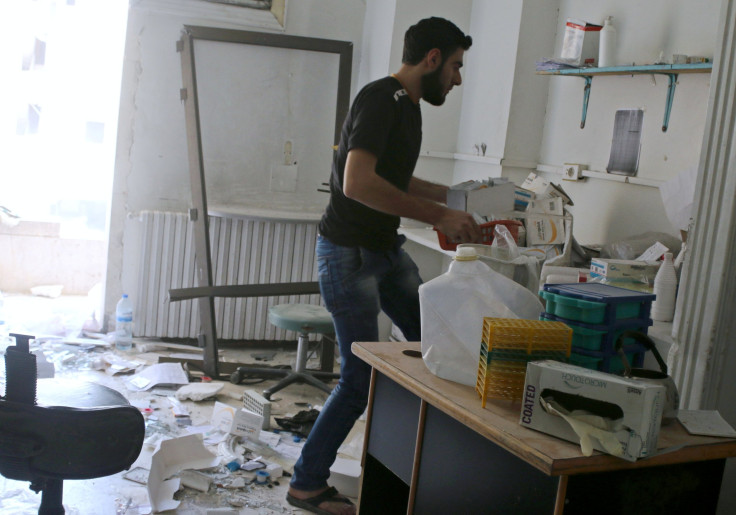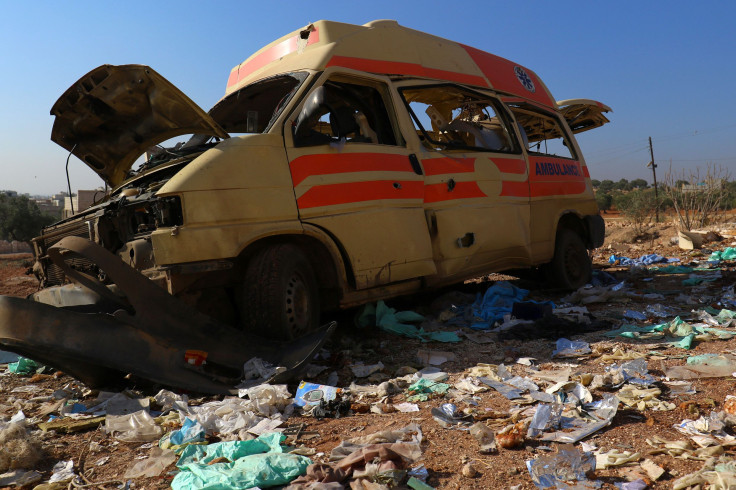What's Happening in Syria? Healthcare Access Limited, Few Doctors Left In War's Sixth Year

As Syria entered into its sixth consecutive year, access to healthcare in the country had deteriorated to barely functioning levels. More than half of the hospitals and health centers in the region had closed or were only partially functional while almost two-thirds of healthcare workers had fled, the World Health Organization said in a press release Wednesday. The few centers that remained open lacked basic essentials like clean water, electricity, medicines and surgical supplies.
Wednesday was the anniversary of the 2011 Syrian uprising that marked the beginning of the war. Since then, the country has been torn apart by fighting between pro-government fighters and rebel factions.
Read: 25 Killed After Bombing At Syrian Judicial Building In Damascus
“On this sad anniversary of the start of the war in Syria and before more lives are lost, WHO calls for systematic and unhindered access to all areas to deliver life-saving medicines, vaccines and medical supplies,” Dr. Peter Salma, executive director of WHO’s Health Emergencies Program, said in the press release.

Though there is a ceasefire currently in place in the region, the situation remains dire. More than two-thirds of the attacks worldwide on healthcare centers took place in Syria in 2016, WHO data showed. WHO has continued to send medicine and supplies, and to train health staff in the region.
Read: Barrel Bombs Limit Doctors Without Borders Access In Aleppo
Doctors Without Borders begged for access to war-torn Aleppo in October after a series of bombings left not a single hospital in the city undamaged. At least 23 attacks on eastern Aleppo’s eight standing hospitals occurred during a monthslong siege in the area, leaving only seven doctors remaining in the city of 25,000.
“People are literally dying on the floors of the facilities,” the international aid charity said in a press release.
Nearly 5 million people, including 2 million children, live in hard to reach areas in Syria where receiving medical attention is all but impossible, WHO said. The organization urged increased humanitarian aid from all international governments.
“We must not let 2017 repeat the tragedies of 2016 for Syria.”
© Copyright IBTimes 2024. All rights reserved.






















